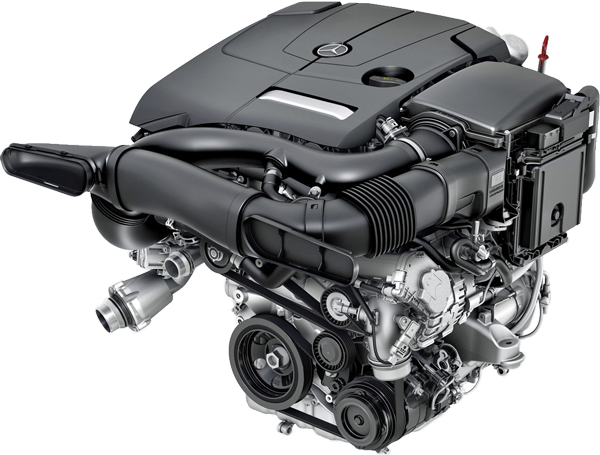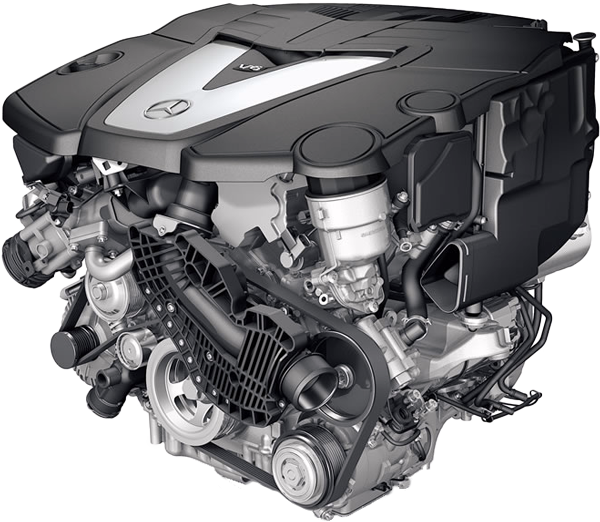The Comparative Analysis :
Mercedes E 200 7G-TRONIC PLUS (13 - 15) vs. Mercedes E 350 4MATIC 7G-TRONIC PLUS (13 - 14)
€ 45,000

€ 57,000

€ 45,000
Base Price ⓘBase price of a new vehicle with standard equipment in Germany at market launch.
€ 57,000
ⓘBase price of a new vehicle with standard equipment in Germany at market launch. Price Info
Vehicle Dimensions
The dimensions of the E 200 and the E 350 are absolutely identical. Both are 4879 mm long, 1854 mm wide and 1474 mm tall.
E 200
E 350
1474
1854
2071
1474
1854
2071
1854 mm
Width
1854 mm
2071 mm
Width Incl. Mirrors
2071 mm
1474 mm
Height
1474 mm
2874
4879
2874
4879
4879 mm
Length
4879 mm
2874 mm
Wheelbase
2874 mm
Vehicle Weight
E 200
E 350
1645 kg
Kerb Weight
1815 kg
2230 kg
Gross Vehicle
Weight
Weight
2360 kg

Weight Difference:
170 kg
9.37 %

General
E 200
E 350
W212
Generation
W212
Saloon
Car Body Style
Saloon
Unleaded (95 RON)
Fuel Type
Unleaded (95 RON)

Rear-wheel drive
Drive
Permanent all-wheel drive

7-speed automatic transmission
Transmission
7-speed automatic transmission
Engine
E 200
E 350
Straight-four petrol engine with turbocharger
Engine Type
V6 petrol engine (naturally aspirated engine)
Mercedes-Benz M 274
Engine Series
Mercedes-Benz M 276
M 274.920
Engine Code
M 276.952


4
Valves
4
4
Cylinders
6
1991 CC
Engine Capacity
3498 CC
181 bhp
at 5500 rpm
Power
302 bhp
at 6500 rpm
E 200
181 bhp
302 bhp
E 350
300 NM
at 1200 rpm
Max. Torque
370 NM
at 3500 rpm
E 200
300 NM
370 NM
E 350
Performance
E 200
E 350
145 mph
Maximum Speed
155 mph
7.9 sec
Acceleration 0 to 62 mph
6.6 sec
62 mph
62
mph
mph
110 m
0.000 sec

E 200
62 mph
62
mph
mph
92 m
0.000 sec

E 350
▶ REPLAY
9.09 kg/bhp
Weight-to-Power Ratio
6.01 kg/bhp
E 200
9.09 kg/bhp
6.01 kg/bhp
E 350
Fuel Economy / Emissions
E 200
E 350
Fuel Economy
49 mpg
combined
38 mpg
E 200
49 mpg
38 mpg
E 350
38 mpg
city
29 mpg
59 mpg
motorway
48 mpg
59 L
Fuel Tank Capacity
59 L
632 mi
Range
495 mi
E 200
632 mi
495 mi
E 350
Environmental Impact
109.9 kWh
Total Energy Consumption
per 100 miles ⓘThe total energy consumption per 100 miles is the amount of energy consumed by a vehicle when burning fuel or using electricity per 100 miles (final energy), and the energy required to produce the appropriate amount of fuel or electricity (primary energy).
per 100 miles ⓘThe total energy consumption per 100 miles is the amount of energy consumed by a vehicle when burning fuel or using electricity per 100 miles (final energy), and the energy required to produce the appropriate amount of fuel or electricity (primary energy).
140.2 kWh
E 200
109.9 kWh
140.2 kWh
E 350
Euro 6b (NEFZ)
Emission Standard
Euro 5
135 g/km (NEFZ)
CO2 Emissions
174 g/km (NEFZ)
Practical Convenience
E 200
E 350
4
Doors
4
5
No. of Seats
5
585 kg
Maximum Payload
545 kg
540 L
Boot Capacity
540 L










No data
Boot Capacity (Seats Down)
No data















